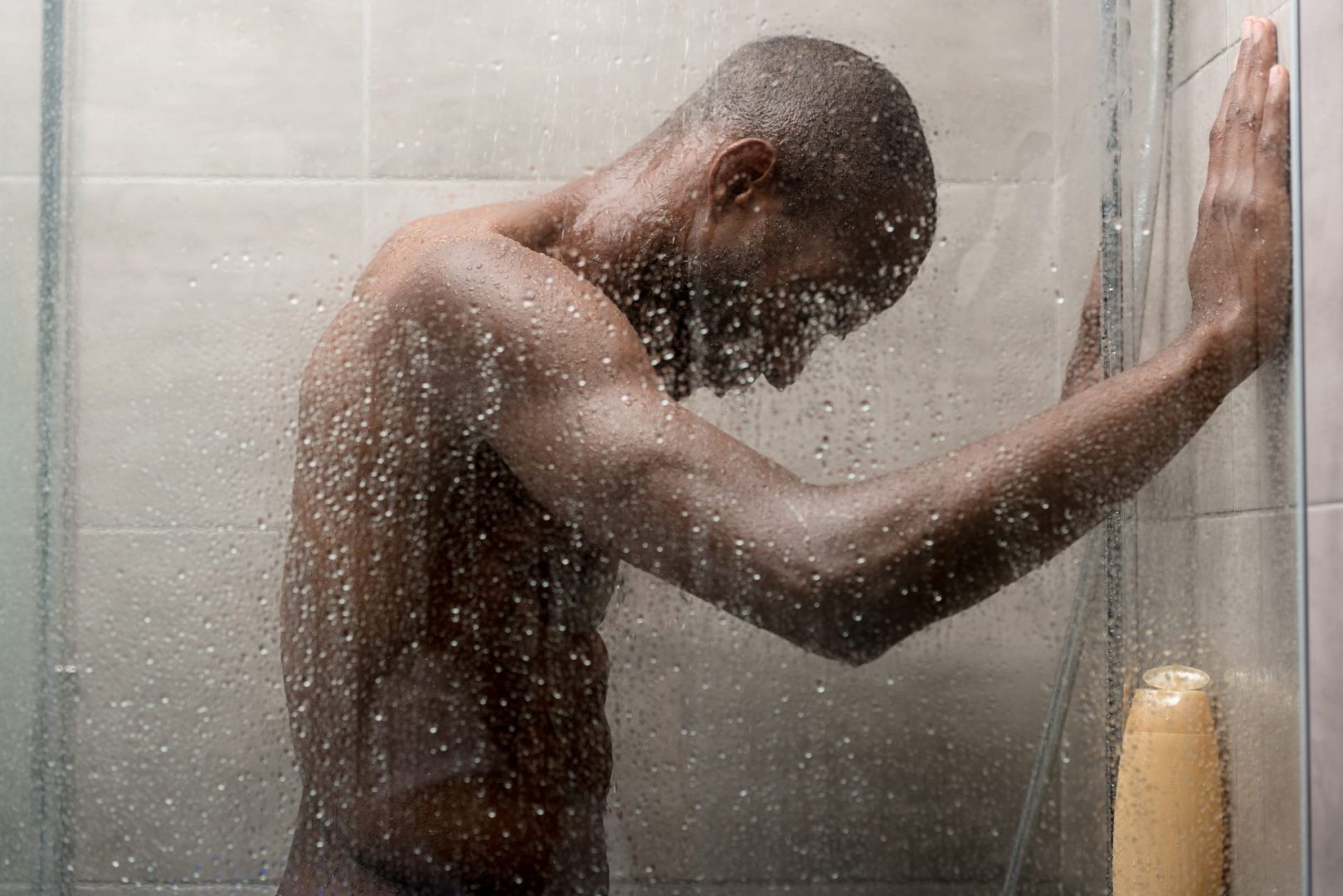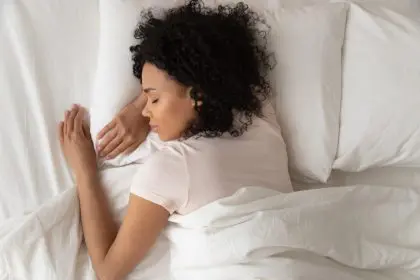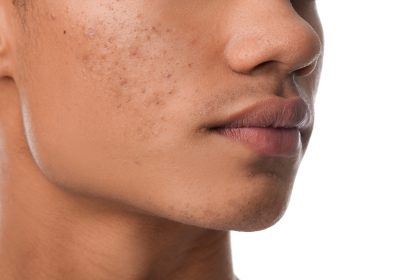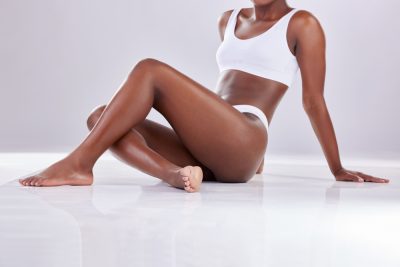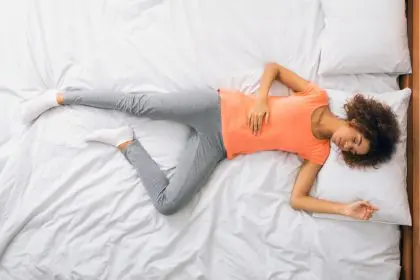The age-old debate between morning and evening showers involves more than just personal preference. Your shower timing can significantly impact your energy levels, skin health, hair condition, and even sleep quality. Understanding the science behind these effects can help you make the best choice for your unique needs and lifestyle.
How morning showers boost your day
Starting your day with a refreshing shower offers several compelling benefits that extend beyond simply washing away nighttime sweat. The stimulating effects of morning showers can transform your entire morning routine and set a positive tone for the hours ahead.
Morning showers significantly increase energy levels and alertness, with surveys indicating that over 73% of people feel more energized after showering in the morning. This natural energy boost can reduce reliance on caffeine while promoting a more alert state of mind as you begin your day.
The circulation benefits of morning showers prove particularly valuable. The contrast between warm water and cooler air stimulates blood flow throughout your body, reducing inflammation and promoting cellular activity. This improved circulation delivers oxygen and nutrients more efficiently to your tissues, supporting overall health and vitality.
For those dealing with bedhead and tangled hair, morning showers offer a practical solution. Water helps reset hair fibers after a night of tossing and turning, making styling easier and more effective. This benefit becomes especially important for professional settings where appearance matters.
Morning showers effectively cleanse away nighttime perspiration. The average person sweats approximately half a liter during sleep, creating an environment where bacteria can thrive. Washing away this accumulation helps you start fresh and confident.
Many people find that morning showers help reduce facial puffiness that often develops overnight. The combination of water temperature and gentle massage from the shower stream can stimulate lymphatic drainage, resulting in a more refreshed appearance.
The unexpected drawbacks of showering in the morning
Despite their numerous benefits, morning showers come with several notable disadvantages that deserve consideration when establishing your personal hygiene routine.
Perhaps the most significant drawback involves environmental pollutants. Morning showers leave you vulnerable to accumulating dirt, sweat, pollen, and pollution throughout the day. By bedtime, these particles remain on your skin and hair, potentially transferring to pillowcases and bedsheets.
Skin health concerns represent another potential issue with morning-only showers. Dermatological research suggests that allowing daily buildup to remain on skin overnight may contribute to clogged pores and increased skin irritation, particularly for those with acne-prone or sensitive skin.
Hair health can suffer from morning shower routines that include daily washing and styling. Frequent shampooing strips natural oils from the scalp and hair shaft, while heat styling compounds this damage. This combination can lead to increased breakage, dryness, and scalp issues over time.
Time constraints often present practical challenges for morning showers. The rushed nature of most morning routines can result in shorter, less thorough cleaning sessions. This limitation becomes particularly problematic for those with complex hair or skincare needs that require more attention.
The surprising benefits of evening showers
Evening showers offer distinct advantages that extend beyond mere cleanliness, potentially improving your sleep quality and overall skin health through several mechanisms.
Sleep enhancement represents one of the most compelling reasons to shower in the evening. Warm showers temporarily raise your core body temperature, and the subsequent cooling creates an ideal condition for melatonin production – the hormone responsible for regulating sleep. This natural process can significantly improve both sleep onset and quality.
The cleansing benefits of evening showers prove particularly valuable in urban environments. Washing away the day’s accumulation of dirt, makeup, sunscreen, and environmental pollutants prevents these substances from remaining on your skin overnight. This thorough cleansing reduces the risk of irritation and breakouts while keeping bedding cleaner.
Skincare effectiveness increases substantially with evening showers. Cleansed skin absorbs moisturizers and treatment products more efficiently, and the natural repair processes that occur during sleep can work unimpeded by surface debris. This combination optimizes the benefits of both your skincare products and your body’s natural healing mechanisms.
The relaxation aspect of evening showers offers significant psychological benefits. The transition from warm water to cooler air helps shift your nervous system from sympathetic (fight-or-flight) to parasympathetic (rest-and-digest) dominance. This physiological change promotes relaxation and helps create mental separation between work and personal time.
Aromatherapy options become more relevant with evening showers. Using calming scents like lavender, chamomile, or eucalyptus can enhance the relaxation effects, creating a multi-sensory wind-down ritual that prepares both body and mind for rest.
Potential problems with showering before bed
While evening showers offer numerous benefits, they present several challenges that merit consideration when establishing your hygiene routine.
Hair health concerns represent a significant potential issue with nighttime showering. Going to bed with damp hair increases friction between hair strands and pillowcases, leading to breakage and frizz. More concerning, the warm, moist environment can promote fungal growth on the scalp, potentially leading to dandruff or other scalp conditions.
Time management creates another practical challenge for evening showers. After a long day, finding energy and motivation for a complete shower routine – including hair washing, drying, and skincare – can prove difficult. This fatigue often results in rushed or incomplete routines that compromise effectiveness.
Temperature regulation presents a physiological challenge with evening showers. While the cooling effect after a warm shower can promote sleepiness, excessively hot showers can be counterproductive. The initial temperature increase can temporarily energize rather than relax, potentially delaying sleep onset if showering too close to bedtime.
Water temperature temptations often lead to too-hot showers in the evening. While comforting, hot water strips natural oils from skin, potentially exacerbating dryness and irritation. This effect becomes particularly problematic during winter months when skin already tends toward dryness.
Morning preparation remains necessary despite evening showers. Face washing, deodorant application, and hair styling still require attention, meaning morning routines cannot be eliminated entirely, regardless of evening shower habits.
Finding your ideal shower schedule based on your needs
Your optimal shower timing depends on various personal factors including skin type, hair texture, exercise habits, sleep patterns, and daily schedule. Consider these specific scenarios when determining your ideal approach:
For those with oily or acne-prone skin, evening showers offer significant advantages. Removing accumulated oil, sweat, and environmental debris before bed reduces pore clogging and bacterial growth that can trigger breakouts. Following with appropriate nighttime skincare products optimizes their effectiveness during sleep’s natural repair cycle.
People with dry or sensitive skin might benefit from adjusting both timing and temperature. Evening showers using lukewarm rather than hot water, followed immediately by moisturizer application, help lock in hydration overnight. This approach minimizes transepidermal water loss while maximizing repair during sleep.
Hair type significantly influences optimal shower timing. Those with thick, coarse, or curly hair may prefer evening showers to allow sufficient drying time without heat tools. Conversely, individuals with fine or oily hair might benefit from morning showers to manage overnight oil production and bedhead.
Sleep quality concerns represent another important consideration. If you struggle with insomnia or restless sleep, evening showers approximately 90 minutes before bedtime can help establish a sleep-promoting temperature drop. The relaxation component of warm water followed by cooling creates ideal conditions for sleep onset.
Energy needs vary throughout the day and week. Some people might benefit from morning showers on workdays for the alertness boost, switching to evening showers on weekends for relaxation. This hybrid approach maximizes benefits based on daily requirements rather than adhering to a rigid schedule.
Exercise routines should directly influence shower timing. Regardless of preference, showering promptly after significant physical activity remains essential for skin health. Allowing sweat to dry on skin creates an environment where bacteria can thrive, potentially leading to folliculitis, acne mechanica, or body odor.
Optimizing your shower regardless of timing
Regardless of when you choose to shower, several universal practices can enhance the benefits while minimizing potential drawbacks.
Temperature management plays a crucial role in shower effectiveness. Moderately warm water (approximately 95-105°F) provides cleaning benefits without excessive oil stripping. Consider finishing with a cooler rinse to boost circulation and close hair cuticles for added shine.
Time efficiency matters for both morning and evening routines. Most dermatologists suggest limiting showers to 5-10 minutes to prevent excessive skin drying. This constraint also conserves water while ensuring sufficient time for proper cleansing.
Product selection significantly impacts shower outcomes. Using gentle, pH-balanced cleansers helps maintain your skin’s acid mantle – its natural protective barrier. Similarly, selecting sulfate-free shampoos reduces stripping of natural oils from hair and scalp.
Post-shower care proves equally important as the shower itself. Applying moisturizer to slightly damp skin helps lock in hydration. For evening showers, thoroughly drying hair before bed prevents potential damage and fungal growth from dampness.
Frequency considerations extend beyond daily timing. For many people, especially those with dry skin or hair, daily showers may prove excessive. Consider whether certain days might benefit from simply washing key areas rather than taking full showers.
Making the final decision for your lifestyle
The morning versus evening shower debate ultimately comes down to balancing competing priorities based on your unique circumstances. Rather than viewing this as a binary choice, consider it part of your overall self-care approach.
Many people find that a hybrid schedule works best – perhaps morning showers on workdays for the energizing effects, with evening showers on weekends for relaxation. Others maintain consistent timing but adjust shower length, water temperature, or product selection based on daily needs.
Listen to your body’s responses when experimenting with different routines. Notice changes in skin condition, hair manageability, energy levels, and sleep quality. These observations provide valuable feedback about what works best for your specific physiology.
Remember that seasonal adjustments may prove beneficial. Summer months might necessitate more frequent showering due to increased sweating, while winter conditions might benefit from gentler, less frequent routines to prevent dryness.
By approaching shower timing as a flexible component of your wellness routine rather than a rigid rule, you can maximize the benefits while minimizing drawbacks. The best shower schedule ultimately reflects your unique combination of practical needs, physical conditions, and personal preferences.

